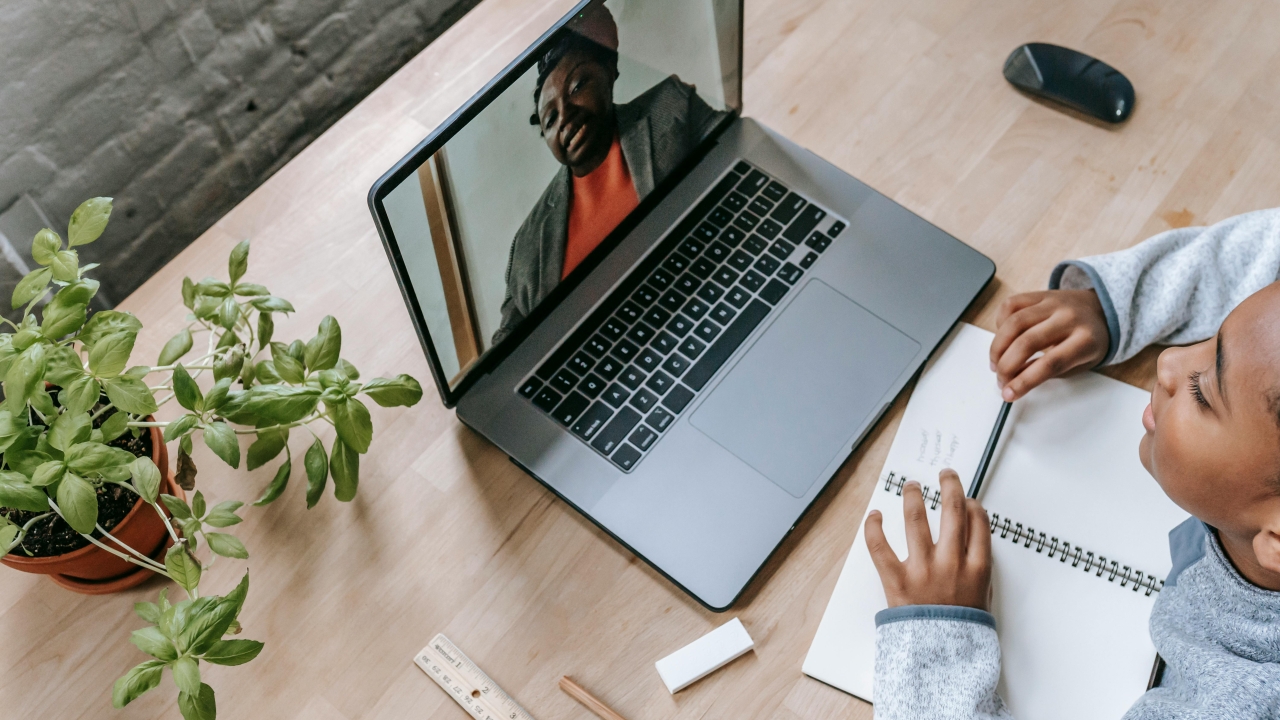Do Your Students Have the Confidence to Keep Themselves Safe Online?

While much of it may be innate, knowing the key components that we can work on is invaluable – and many of today’s students are lucky enough to learn about them in school.
Self-confidence is much more than being brave enough to stand up in front of the class and speak, perform a role in the school play in front of parents, or sing a solo in a school concert. It’s about having the self-belief to speak out and share ideas or concerns and, crucially, be able to express them in a way that people will take them seriously. Having a well-developed sense of self helps us to navigate through life, empathise, get on with others, stand up for our values and act responsibly. And when we have the skills to trust our own values and judgements, self-confidence, self-belief and self-esteem build.
Modelling and embedding approaches to building self-confidence
Learning positive social behaviours has both individual and group benefits. Many students are lucky enough to be able to absorb these traits at home from the examples modelled by their parents/carers, but unfortunately, that’s not the case for others, which is why it’s so important that students experience social-emotional learning in school.
Small gestures and comments are really effective and it can start with something as simple as teachers giving positive feedback about a student’s actions, character or achievements. This can be especially encouraging for those who are rarely praised at home. It can lead to greater motivation and engagement, as well as improving attainment – and all from a teacher’s kind, considered and carefully chosen words. Furthermore, the benefit of praising something about an individual that is unique to them can help them start to believe in their self-worth outside of school, too.
Self-confidence can be further fostered in schools where there is a focus on oracy. A strand that runs throughout every subject of the curriculum, oracy skills help students gain the confidence to speak out, enabling them to better engage with others and express their own ideas and views. There are positive impacts for students’ engagement and progress – and, recognising this, schools across Dubai are increasingly seeing the benefits of incorporating it into their lessons to help students further develop their confidence and belief in themselves.
Stay up to date
Subscribe to the free GESS Education newsletter and stay updated with the latest insights, trends, and event news every week. Your email address will remain confidential


